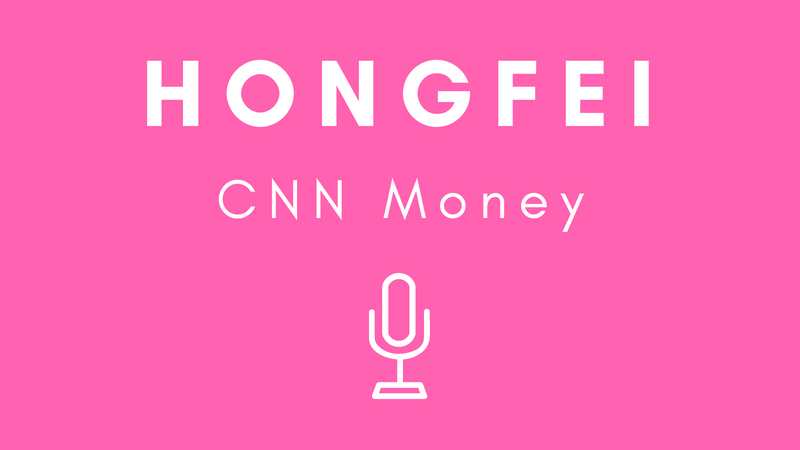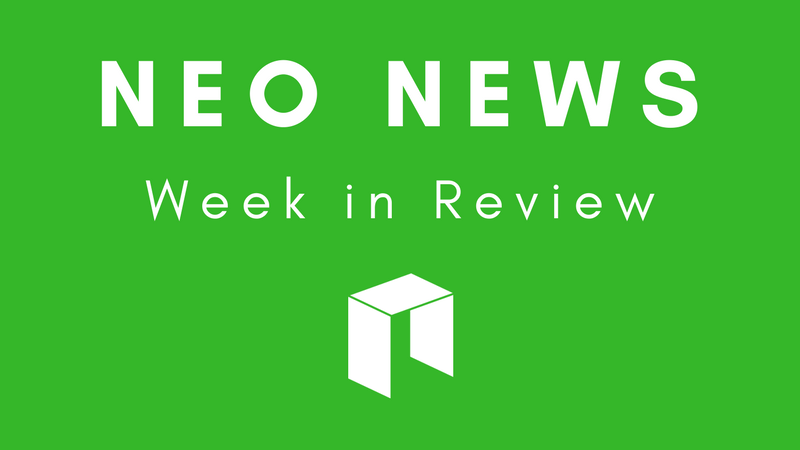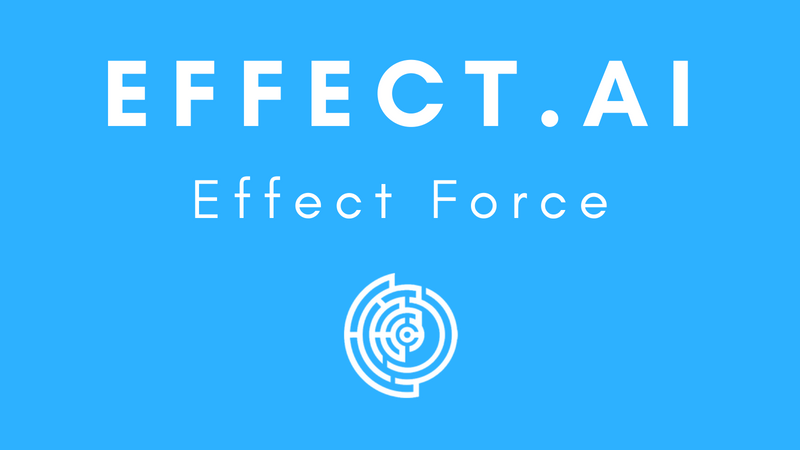
Da Hongfei was interviewed by CNN Money during his recent visit to Zurich, Switzerland. In his interview with Martina Fuchs, anchor of CNN Money Switzerland, Hongfei discussed NEO’s relationship with local communities, regulations, the smart economy, and the goals of NEO.
When asked about the reasons behind his visit to Switzerland, Da Hongfei said he was coordinating on a couple of projects and visiting universities with quality computer science programs. If NEO sought to expand into the European market, Hongfei conveyed his belief that Zurich is a top competitor, as there are great relationships with mainstream financial institutions. “There is no better place to run a business in [the blockchain industry] than Switzerland,” Hongfei said.
NEO reorganization and connecting with Swiss communities
On the topic of NEO and Swiss-based partnerships, Da Hongfei stated “there are several ways [NEO] can connect with the local community.” He then went on to say NEO had recently undergone a reorganization, with the NEO Foundation emerging as the overseeing entity of three major subsidiaries: NEO Global Development (NGD), NEO Global Capital (NGC), and Open Blockchain Foundation (OBF). These subsidiaries can foster local relationships in their own unique ways.
Hongfei said the role of NGD is “to hire developers to improve the protocol, do promotions to organize meetups or conferences. So, NGD could have an office [in Switzerland].” He went on to discuss the potential to site an office in Zurich or Zug, and integrate with the Swiss development community.
On the topic of NGC and local community partnership, Da Hongfei said the subsidiary “raises private funds in Singapore, and the main target to invest in blockchain projects. We can also invest in those projects originated [in Switzerland].”
Lastly, Hongfei described OBF as a charity with the “goal to support research on the blockchain; to work with academia. That’s why we prefer to do meetups in universities, so we can be more close with those professors and students.” As is such, Hongfei is excited to work with academic institutions in Switzerland. Though, he did acknowledge that Chinese universities “already have or are planning to set up a blockchain center or hub on their campus; they’re really into blockchain.”
On this trip, Da Hongfei also visited the City of Zug, also known as the “Crypto Valley of Switzerland,” to explore future opportunities. When Martina asked about choosing a new location for NEO, Hongfei stated, “we have different considerations. The main point will probably be regulation; we will see [who has] more flexible regulation.”
Regulations
Regarding regulations, Da Hongfei reiterated his much held stance that regulation is a good thing, stating, “by the end of the day, to connect with the real world, the blockchain needs to be regulated.” Regulations impact blockchain, developers, and investors depending on the design goals and philosophy of a particular blockchain.
Hongfei went on to say, if users want “blockchain to be anonymous, to be anti-censorship, probably regulation is not a good thing. But if you want to do real business on top of blockchain, you want to connect mainstream financial world with the blockchain, then you definitely need regulation.” He also said, NEO’s “philosophy is to serve the real economy, so we welcome regulation.”
On the topic of digital coin issuance in China, Hongfei described the two cryptocurrency practices that have been banned in China: token issuance to the general public for fundraising through initial coin offerings (ICO), and centralised cryptocurrency exchanges. Da Hongfei also stated, “the mania of the market has already been cooled down… so I’m not expecting more strict regulations.”
NEO technology, goals, and future vision of blockchain
When questioned about what NEO is currently working on, Da Hongfei briefly highlighted the dBFT consensus mechanism, on-chain governance through token-holder self-management, and new cryptography schemes to protect privacy and eliminate anonymous criminal activities.
Regarding the volume and speed of NEO transactions, Hongfei said, “we have our own consensus mechanism called dBFT… We can process those smart contract transactions parallel, we don’t do it sequentially… so we can calculate those transactions at the same time.”
Martina asked Hongfei about a specific use-case for the blockchain, he said “we are using blockchain to protect personal privacy.” For example, Ontology aims “to help people to manage their own data, their own identity, and those trusted data linked behind the ID.”
Hongfei said one of NEO’s goals is to “minimize the cost of trust in the world. When the cost of trust is minimized, we will see a lot of different transactions emerge. We will probably even see new business models.” Such a business model could form through cross-chain interoperability, by developing an “internet of blockchains.”
As a medium-term goal to be met by 2020, Hongfei said, NEO aims to be the “#1 blockchain platform” by competing with other blockchain platforms (such as Ethereum, EOS, Qtum, etc.) in three dimensions:
- Technology, by investing and implementing academic research,
- The Ecosystem, by global developer base building dApps, and
- Governance and Compliance Solutions, through building a compliant ready blockchain.
Looking ten years into China’s blockchain future, Hongfei said, “the biggest advantage of China, is we have the biggest market in the world, there are so many people, so many businesses… We will be the biggest market, and also the biggest technology-driven country in the blockchain industry.” However, he said his personal dream is to “build the infrastructure for the next generation economic system.”
The interview can be seen at the below link:
https://www.cnnmoney.ch/shows/newsmaker/videos/can-chinas-mr-blockchain-stack-more-coins-neo-da-hongfei







About The Author: Dylan Grabowski
Dylan is a reformed urban planner with a passion for covering the Neo ecosystem. His objective as a writer for Neo News Today is to report news in an objective, fact-based, non-sensational manner. When not behind a computer screen, he can be found in the mountains rock climbing. Find Dylan on Twitter (@GrabowskiDylan).
More posts by Dylan Grabowski